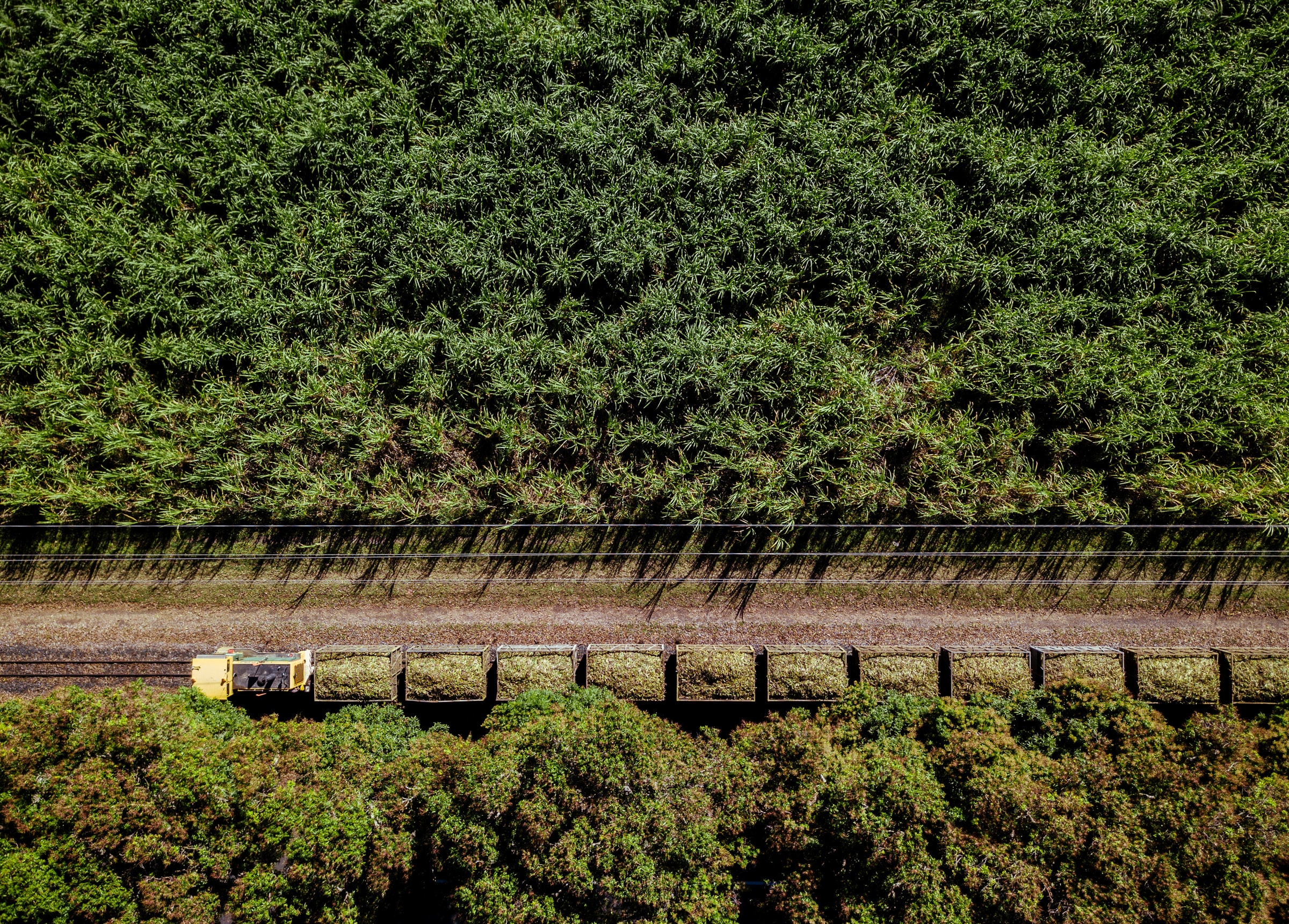Every year, 13 million deaths globally are attributed to unhealthy diets, excessive weight and obesity, costing the global economy over US$2 trillion or 3% of global GDP. In rich countries like Australia, much of this burden unfairly falls on lower socioeconomic communities. Recognising this, the World Health Organization (WHO) and other leading international health authorities have called on governments to adopt known effective policies to combat this significant health and economic burden.
One policy recommended by the WHO that has received significant attention in the last decade is sugar-sweetened beverage taxes. Sugar-sweetened beverages (SSB) are non-alcoholic caloric sweetened beverages, such as soft drinks, energy drinks, sports drinks, and milk-based drinks, consumption of which has been linked to several diseases including obesity and type 2 diabetes. These products, are not only superfluous to human need, but also generate significant environmental harm, including as a major source of plastic waste entering marine ecosystems.
Over 50 jurisdictions worldwide have adopted SSB taxes, including the United Kingdom, France, India, Thailand, South Africa, and Mexico. These have been effective at reducing SSB consumption.
In Australia, SSBs are subject to the Goods and Services Tax (GST) at a 10% rate, but do not face any additional tax. Yet, like other countries, Australia has not escaped the health and economic burden of unhealthy diets, which takes 32,000 lives annually, and costs the Australian economy up to AU$14 billion a year. Australia is also one of the highest per capita consumers of SSBs.
As such, over 35 public health organisations and consumer groups, such as the Public Health Association of Australia and the Australian Medical Council, have called on the Australian Government to introduce a SSB tax. Nevertheless, political commitment for such a tax is low, having been rejected by both major political parties.
We investigated why a SSB tax has received limited political support in Australia. We conducted interviews with key stakeholders and analysed relevant media and journal articles, and government and organisational documents. We drew on a theoretical framework, designed to aid in understanding why some nutrition policies receive political commitment while others don’t. Our research revealed several factors holding back progress for such a tax in Australia.
Industry opposition, unsupportive politicians, and ideological resistance
One of the strongest barriers to the SSB tax was opposition from the food, beverage, and sugar industries. Given an SSB tax has the potential to reduce industry profits from SSBs, beverage industry opposition isn’t a surprise. What our research revealed, is how powerful, well connected, well resourced, and wide ranging their influence is.
Several industry groups, including the Australian Beverages Council, the Australian Sugar Research Alliance, and the Australian Food and Grocery Council, established a ‘Sugar Round Table of Associations’ which they created to ‘proactively defend against any proposed [SSB] tax.’ These industries actively lobby policymakers, both directly, and indirectly through lobbying firms, fund research supporting their anti-SSB tax agenda, frame the debate in ways that undermine the SSB tax (for example, that individuals are responsible for SSB consumption not beverage companies), promote their own flawed self-regulatory efforts to reduce political momentum for a SSB tax, and donate hundreds of thousands of dollars to political parties and their associated entities.
These collaborative efforts by the beverage, food, and sugar industries, to lobby, influence research, shape the narrative, and promote self-regulation over government regulation, have led SSB tax proponents to suggest that these companies have the strongest influence on the SSB tax issue.
Interestingly, whilst the sugar industry is opposed to a SSB tax their primary concern isn’t the economic consequences of the tax because most sugar produced in Australia is exported and a minority of the remainder is used in SSBs. Rather their opposition stems from the potential negative social impact a tax could have on sugar-based communities’ perceptions of the sugar industry.
Some of these sugar-based communities also happen to be located in federal electoral divisions that hold political seats hotly contested by both the Coalition and Labor, in so called ‘marginal seats’. Therefore political hesitancy for the tax, may partly be related to maintaining support in these marginal electoral divisions.
Industry opposition to a SSB tax and marginal seats in sugar electoral divisions partly explains limited political commitment. Underlining political and industry opposition however, is ideological resistance. Specifically, the belief that governments should play a limited role in regulating the beverage industry and in dictating individuals’ diets, for this is the responsibility of the individual. Indeed, these views are core beliefs of the Liberal party, and are institutionalised within certain facets of the Australian Public Service.
Accordingly, an SSB tax is viewed as unnecessary, because individuals are in control of their SSB consumption. Individual behaviour however, is strongly shaped by other factors including social, economic, and physical environments. Indeed, research shows that creating healthier behaviours at the level of the individual is the least effective way to create behavioural change. The most effective approaches are structurally based and require less individual agency, like taxation and marketing restrictions on tobacco.
These three factors, industry opposition, unsupportive political parties, and ideological resistance were considered by pro-SSB tax informants as the strongest barriers to implementing a SSB tax in Australia. There are also a range of other barriers for SSB tax adoption, including features of the pro-SSB tax community.
Characteristics of the pro-SSB tax community
Overall, individuals and organisations supportive of the SSB tax issue in Australia were found to be working more effectively than in the past. In the presence of strong leadership they have generated important evidence, raised awareness, advocated for action, collaborated with a broad array of organisations, and formed coalitions which has increased their overall cohesion. Consequently, there is a broad consensus among over 35 public health and civil society organisations that a SSB tax would be a good thing for Australia.
However, several issues limit the effectiveness of the pro-SSB tax community. Public health nutrition individuals and organisations, whilst well connected with each other, have limited links to politicians and bureaucrats compared to industry, and therefore their capacity to have their voice heard on issues like the SSB tax is weaker.
Specifically, they have limited connections to finance ministers and treasurers, connections which have proved useful in passing SSB taxes in other countries. This is compounded by reports from informants that the pro-SSB tax community is very resource poor compared to industry, and would greatly benefit from resource mobilisation.
Moreover, a number of significant organisations supportive of a SSB tax, appear to be working separately from current coalitions, indicating potential lost opportunities in pooling resources and creating stronger more effective alliances.
How to move forward?
Given these barriers and others discussed in our journal article, how can Australia move forward on the SSB tax issue? While it remains unclear if and when a SSB tax would be adopted in Australia, there are ways to increase its likelihood and to create an environment more conducive for improving the health of Australians.
Food, beverage, and sugar industry influence cannot be underestimated. Several countries including Fiji, Mexico, Chile, Colombia, and Brazil all experienced negative influences from the food and beverage industry in passing a SSB tax. Moreover, industry’s negative influence has been documented for several other nutrition issues both within and outside of Australia (for example, front of package labelling), and other public health issues (for example, tobacco control).
Therefore, if Australia wishes to make progress on the SSB tax issue, and other nutrition and public health issues, addressing and managing undue influence of private industry will be key. One component of this project would be to create a more transparent system for monitoring relationships between industry and government.
For example, by creating a more effective lobbyist register; publishing ministerial diaries in states lacking that practice (Western Australia, South Australia, Northern Territory, Victoria, and Tasmania); improving the political donation system (currently more than 50% of political donations are undisclosed); and regulating industry involvement in academic research.
Other suggestions for moving forward include creating a more effective pro-SSB tax community by increasing connections to key policy makers including ministers of finance and collaborating with other pro-SSB tax organisations to increase opportunities for pooling resources.
This research reveals a number of significant barriers that help to explain why political commitment for a SSB tax in Australia is low. Fortunately, there are also very specific actions, some documented here, that can increase the likelihood of moving forward on the SSB tax issue, and therefore help drive down the significant health and environmental burden caused by unhealthy diets and obesity.






Very interesting, thanks. Recent inflationary pressures have doubtless put any progress on a new tax – regardless of its public health benefits – on ice for now, but would be great to see tax supporters get aligned and push the case for when a reform opportunity comes up in future.
Thanks for the article!